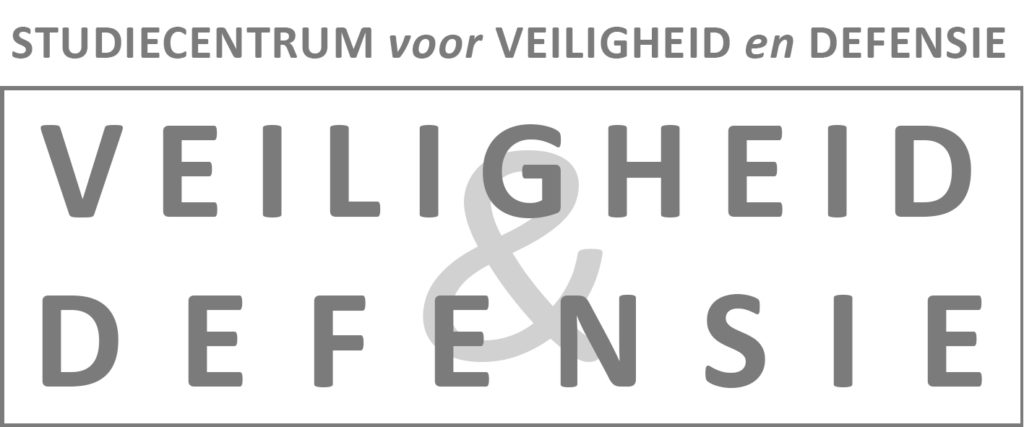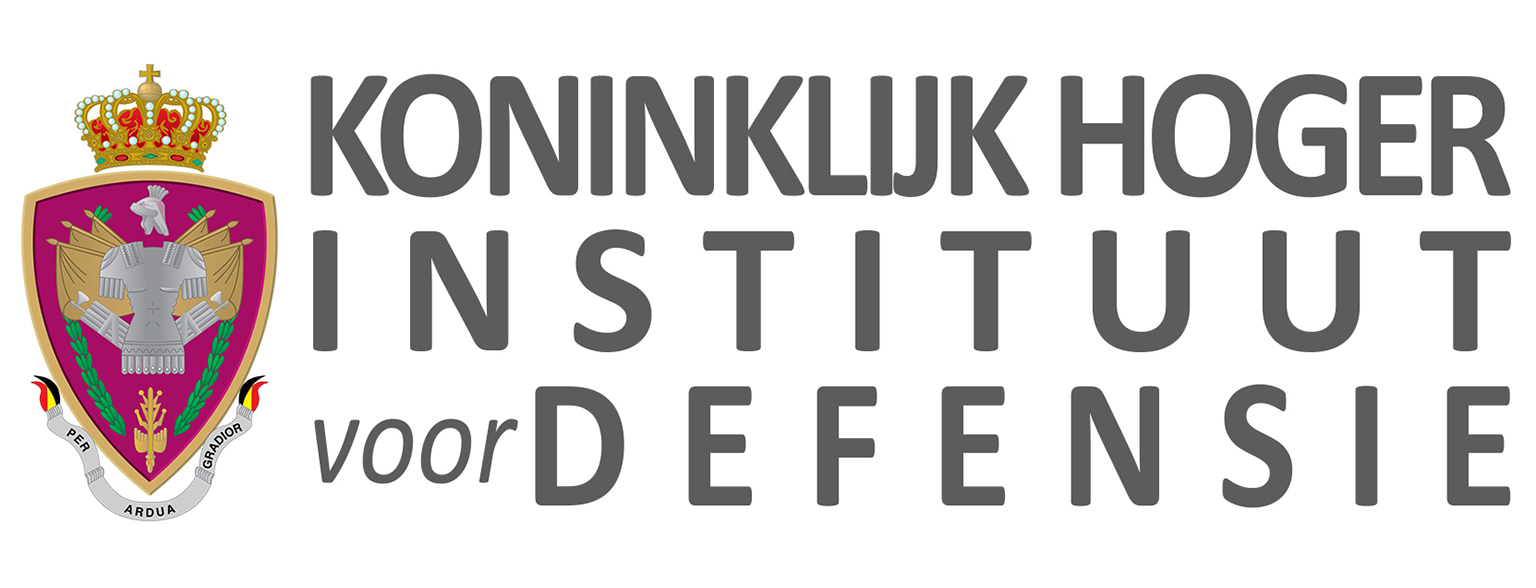
Initiative européenne d’intervention :
opportunités et limites
During Emmanuel Macron’s speech at the Sorbonne on September 26, 2017, emphasis was placed on strengthening the Union’s strategic autonomy supported by the development of a common strategic culture. France wishes to offer ambitious defence partnerships to its partners, according to a differentiated logic and – as a priority – to voluntary and capable European countries. This means supporting, inside and outside the EU and NATO, all promising initiatives that strengthen strategic convergence between Europeans and are of interest to their common security. At the start of the next decade, the aim is for Europeans to have a common body of doctrine, the ability to intervene militarily together in a credible way, and suitable common budgetary instruments. It will also help to enhance their interoperability across all of the engagement scenarios of their armed forces.
France therefore intends to launch new dynamics: The European Intervention Initiative (EII) – with partners having the military capacities and the political will to engage alongside it – will thus complement the structuring defense bilateral relations with Germany and the United Kingdom. It will help develop a strategic culture shared between Europeans who, if the situation requires, will be better able to engage together tomorrow.
Belgium has chosen to be part of this EII. What are the advantages of this cooperation? How does Brussels see its place vis-à-vis the other selected partners? Can this initiative modify or upset other bi- or multilateral cooperation in the field of regional (Benelux, Eurocorps), European (CSDP) and NATO security-defence? Does the concept of European strategic culture through EII rest on real foundations?
Veiligheid & Strategie 147 downloaden
(Alleen beschikbaar in het Frans)
Onderzoekslijn: Veiligheids- en defensiearchitectuur
Source photo : https://www.defense.gouv.fr/fre/actualites/international/emasoh-nous-sommes-ici-pour-assurer-la-liberte-de-la-navigation-marchande

